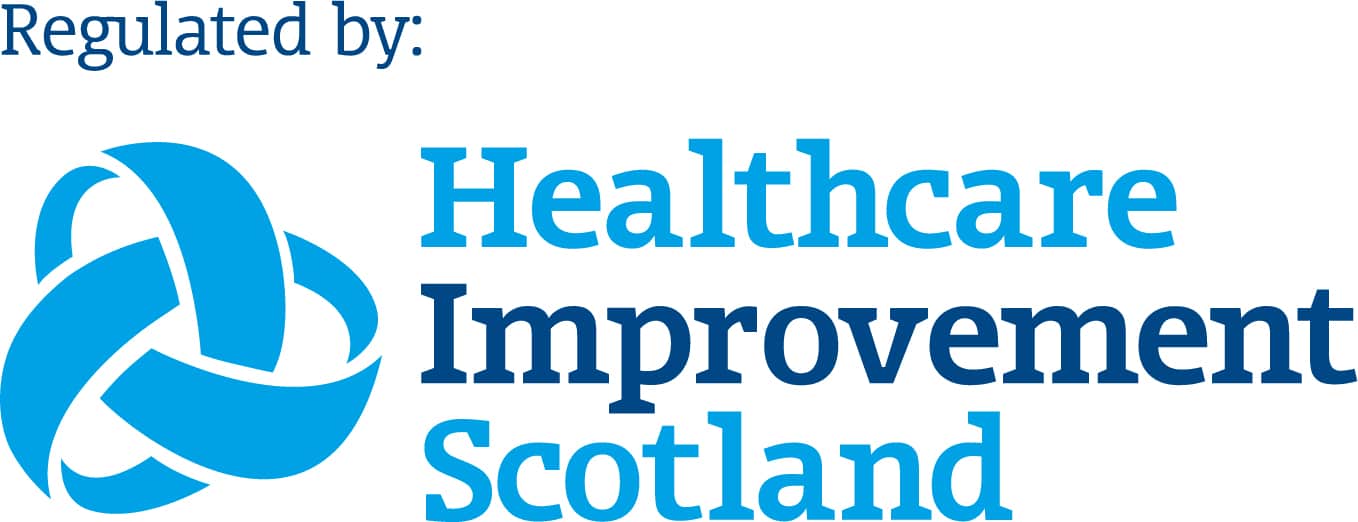
Maternal mental health issues can cause significant problems for new mothers and their babies. It’s important to understand why these issues develop, and what can be done to support mothers experiencing them.
With early recognition and the right support, maternal mental health issues can be treated.
What is perinatal mental health?
Perinatal mental health refers to mental health during pregnancy and the first year following birth. Perinatal mental health includes existing mental health problems, and problems that develop during the perinatal period.
How does the perinatal period affect mental health?
The perinatal period can be an exciting time, as you prepare to welcome your child into the world. Unfortunately it can also be a very complex time. Throughout the pregnancy, birth, and postpartum period your body undergoes significant physical and physiological changes. On top of this, adjusting to life during pregnancy and as a mother brings a number of challenges. In some mothers, these changes and challenges can exacerbate or trigger mental health problems.
Antenatal Depression
Depression which develops during pregnancy is called antenatal depression. Antenatal depression affects 1 in 10 expecting mothers.
Postpartum Depression
Postpartum depression, often called postnatal depression is depression which starts in the first year after childbirth. Postpartum depression is common, affecting 1 in 8 mothers.
Many mothers feel a little low in mood for a short period of time following childbirth. These feelings are referred to as “baby blues” and are normal. But if your low mood persists for more than 2 weeks, it might be a sign of postpartum depression.
Anxiety
Anxiety disorders are common during pregnancy and following childbirth.
Other mental health problems
Pregnancy and childbirth can exacerbate existing mental health problems.
Why does perinatal mental health matter?
Mental health issues can dramatically affect a mother’s quality of life. On top of this, perinatal mental health issues can have negative effects on the baby. There is substantial evidence to show that anxiety and depression can lead to significant problems in children.1
Mothers who experience depression during pregnancy are significantly more likely to give birth to a “low weight” baby. We need more evidence to understand this link, but it’s clear that depression in some way alters the development of the foetus.1
Anxiety during pregnancy also leads to significant consequences on child development. Maternal anxiety during pregnancy increases the child’s risk of both physical and mental health problems as well as cognitive development.2
It has also been suggested that perinatal mental health problems may affect bonding. Higher levels of anxiety are linked to poorer bonding at 18 months post-birth.3 In terms of the link between depression and bonding, we need more studies to fully understand this relationship. One study showed that maternal depression led to poorer relationships between mothers and their babies.4 On the other hand, another study showed that there was no link between depression during pregnancy and poorer bonding.3
Health teams should focus on recognising the signs of perinatal mental health issues, and offering timely treatment. By offering the right support to mothers, we can reduce the impact of perinatal mental problems.
Support for perinatal mental health problems
The kind of support each mother needs will differ depending on their individual situation. Some mothers might just need a bit of friendly support and advice, whilst others may need more intensive clinical treatment. Your medical team will be able to suggest a tailored plan to help you manage your mental health.
To manage your mental health you might need:
- Medication to help manage your depression or anxiety symptoms
- Talking therapy such as cognitive behavioural therapy
- Reassurance and advice from your medical team surrounding specific stresses relating to your pregnancy, your health, or the health of your baby
- Advice on where to find perinatal support groups
- General tips on how to maintain good mental health
At ROC Clinic, we make maternal mental health a priority when providing care to our expecting mothers. We take the time to get to know you, and regularly assess for signs of developing mental health problems. If you’re struggling with your mental health, our experienced clinicians can provide you with personalised treatment and support plans.
We know that pregnancy can be a stressful time. Our pregnancy care services can help give you peace of mind. Our GPs are accredited by the Royal College of Obstetrics & Gynaecology and our friendly sonographers are highly skilled in carrying out pregnancy scans. We’re with you every step of the way, to help keep you and your baby as healthy as possible.
To learn more, give our friendly team a call today at 01224 515 254.
References
- Dunkel Schetter C, Tanner L. Anxiety, depression and stress in pregnancy: implications for mothers, children, research, and practice. Curr Opin Psychiatry. 2012;25(2):141-148. doi:10.1097/YCO.0b013e3283503680
https://www.ncbi.nlm.nih.gov/pmc/articles/PMC4447112/
- Shahhosseini Z, Pourasghar M, Khalilian A, Salehi F. A Review of the Effects of Anxiety During Pregnancy on Children’s Health. Mater Sociomed. 2015;27(3):200-202. doi:10.5455/msm.2015.27.200-202
https://www.ncbi.nlm.nih.gov/pmc/articles/PMC4499279/
- Brassel A, Townsend ML, Pickard JA, Grenyer BFS. Maternal perinatal mental health: Associations with bonding, mindfulness, and self-criticism at 18 months’ postpartum. Infant Ment Health J. 2020;41(1):69-81. doi:10.1002/imhj.21827
https://onlinelibrary.wiley.com/doi/10.1002/imhj.21827
- Hayes LJ, Goodman SH, Carlson E. Maternal antenatal depression and infant disorganized attachment at 12 months. Attach Hum Dev. 2013;15(2):133-153. doi:10.1080/14616734.2013.743256


